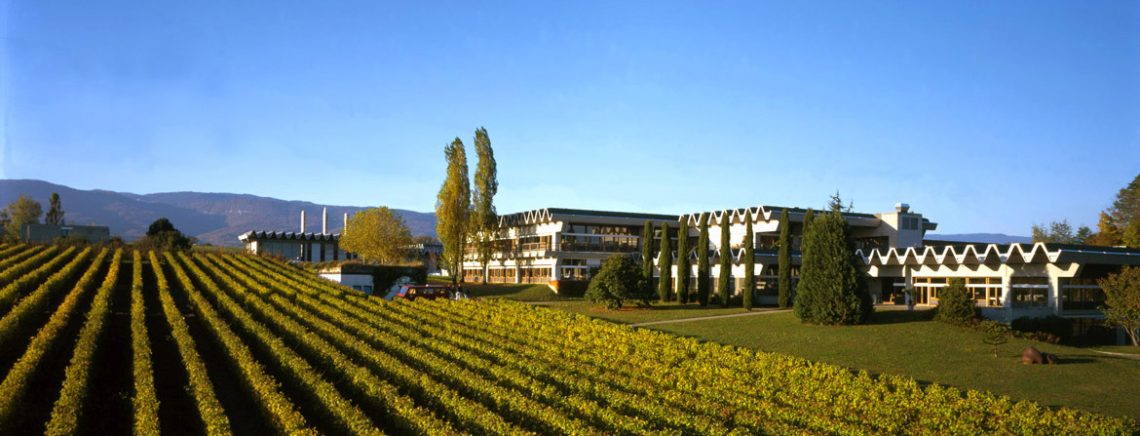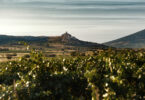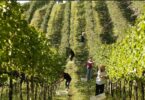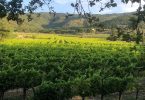In any professional context, credibility is built over time, with the skills acquired through study.
The credibility built by the wine industry internationally is not only based on major investments in the advertising field but also on the professionals who work around the wineries. The oenologist and the sommelier are two figures with different skills and equally distinct study paths, both of which, however, contribute to making a world of great tradition fascinating in the eyes of consumers.
Also for this reason, specialized schools in the sector are always in demand and offer a rich educational offer. Not only that, they also offer training courses for enthusiasts and budding sommeliers.
CHANGINS is a unique training center in Switzerland for higher education in the vine, wine and arboriculture trade. A wine school is also open to non-professionals with dedicated courses.
There is no training without research and CHANGINS is also this and much more, as explained by Denise Cugini, head of communication.
For the full interview/article click here.








